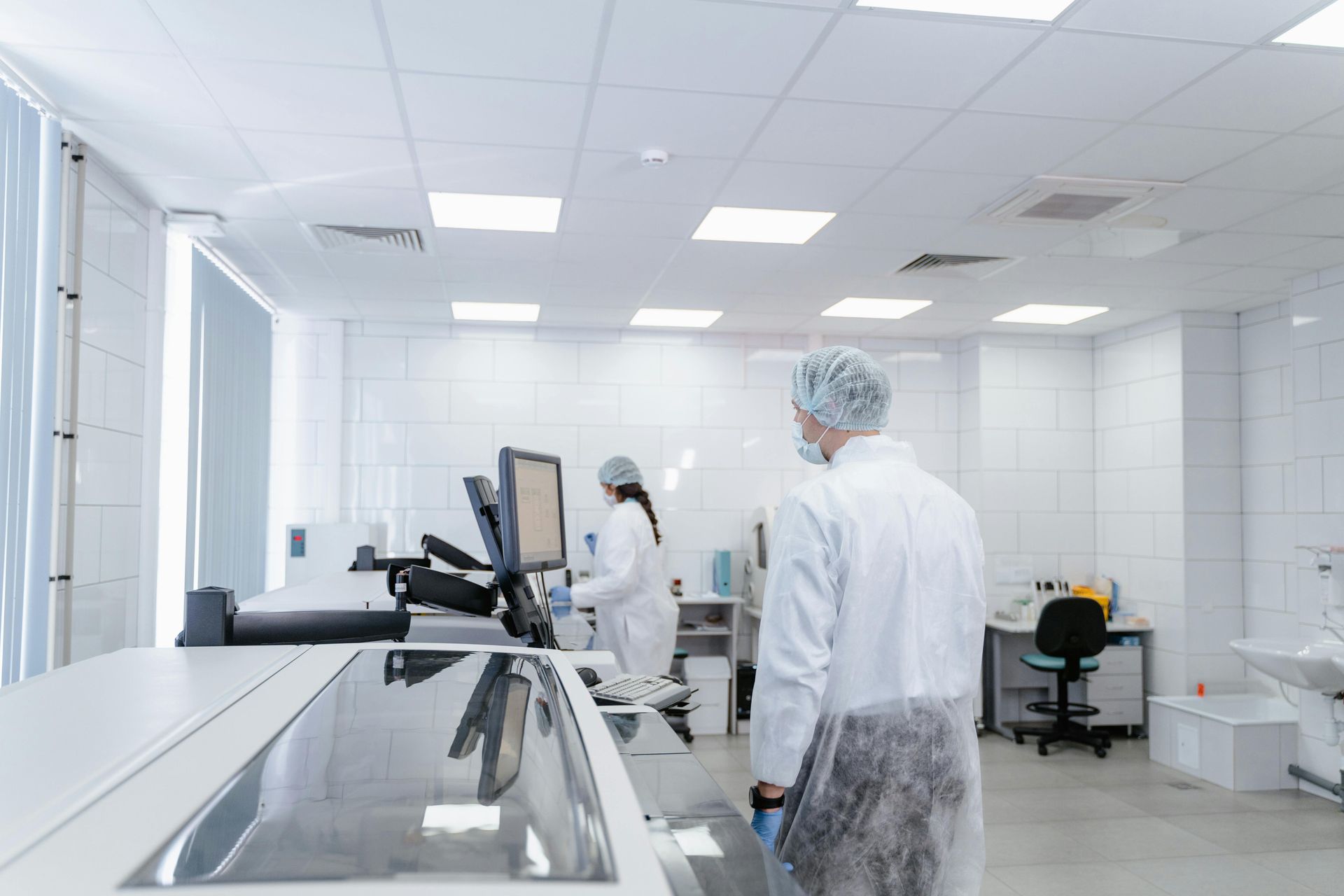How Does the FDA’s Push for Patient-First Policies Affect You?
The Food and Drug Administration (FDA) continues to push for a patient-first framework that encourages pharmaceutical companies and medical device manufacturers to develop new products that focus on patient outcomes.
The FDA’s Principal Deputy Commissioner and Acting Chief Information Dr. Amy Abernethy spoke about this topic in a recent patient perspective release by the agency.
She emphasized that pharmaceutical companies and their research departments often lose focus of why they are trying to cure a specific disease.
“The clinical trial endpoints being studied to support the approval of investigational new drugs were not always relevant to the everyday difficulties my patients experienced,” said Dr. Abernethy.
For the rare disease community, this problem is amplified further. Despite nearly 30 million patients living with rare diseases, 95% of them lack viable treatment options. There is also a significant lack of information about how these diseases work, the day-to-day struggles that patients experience, and how potential solutions can incorporate into these patient’s routines.
The FDA now believes that patients and their caregivers are the experts that pharmaceutical and medical device companies should be leveraging for their expertise.
According to Dr. Abernethy, “It is imperative for their voice to be integrated into all phases of the medical product development process, from pre-clinical studies to post-market safety surveillance.”
In support of this push for patient-focused outcomes, the FDA’s Patient Affairs Staff also created the Rare Disease Patient Listening Sessions in partnership with NORD. These sessions are designed to provide an outlet for patients living with rare diseases to express themselves and to ensure that their problems are being addressed properly by the medical community.
Then Acting Commissioner of Food and Drugs Dr. Norman Sharpless spoke about this subject at the 2019 NORD Conference on Rare Diseases. He made it clear that it was difficult to address the needs of those living with rare diseases, but reaffirmed that the FDA was prioritizing focusing on its strongest asset: “the patient.”
“To most effectively support the development of treatments, patients should be involved in the development process to inform our understanding of any given rare disease,” said Dr. Sharpless at the conference, adding, “At the FDA, we’ve made patient engagement a centerpiece of our efforts, and we’ve developed a number of effective ways to gain patient input.”
As of now, the FDA leverages three platforms to collect patient feedback, including the aforementioned Rare Disease Patient Listening Sessions, a four-part series of methodological patient-focused drug development (PFDD) guidance documents, and through the “Patient Perspectives on the Impact of Rare Diseases: Bridging the Commonalities” public meeting.
How Does This Affect Your Medical Device and Pharmaceutical Training?
Pharmaceutical, biotech, and medical device companies need to prioritize patient outcomes. The FDA’s current strategy is prioritizing these areas. Any drugs, medical devices, or new treatments that you are researching, developing, and introducing to the market must have the patient’s best interests in mind.
We recommend that you keep your staff updated with the latest FDA initiatives through the Center for Professional Innovation and Education’s pharmaceutical, medical device, and biotech training courses.
Here are a few relevant biotech, medical device, and pharmaceutical training courses that will help your organization stay up to date:
- Overview of FDA Regulatory Compliance for Medical Devices
- Preparation of FDA Submissions and Communicating with the FDA
- The Drug Development Process - From Concept to Market
If you have any questions about our training courses and certifications, please get in touch with a member of the CfPIE team at 1-610-648-7550 or info@cfpie.com.
Blog Categories
Stay Informed


